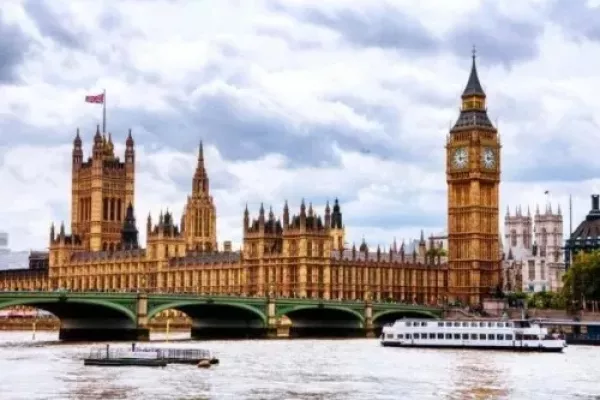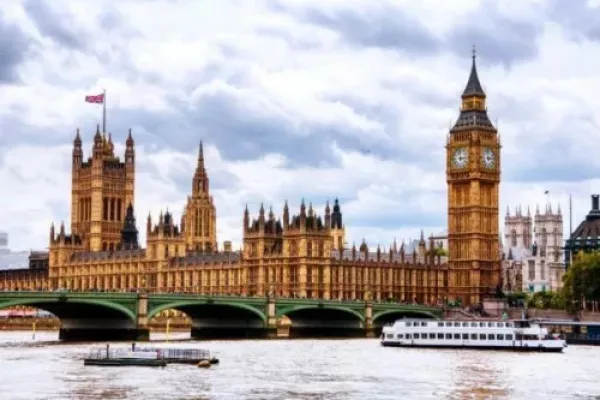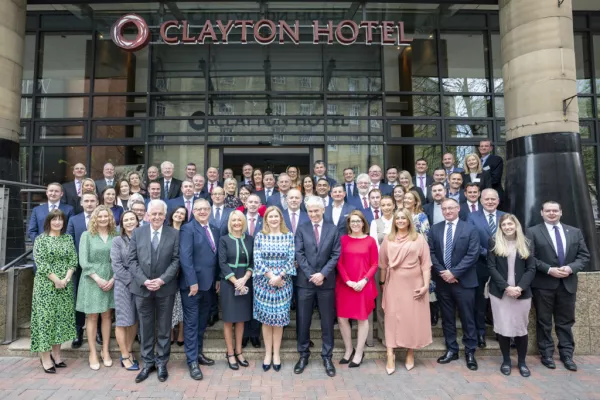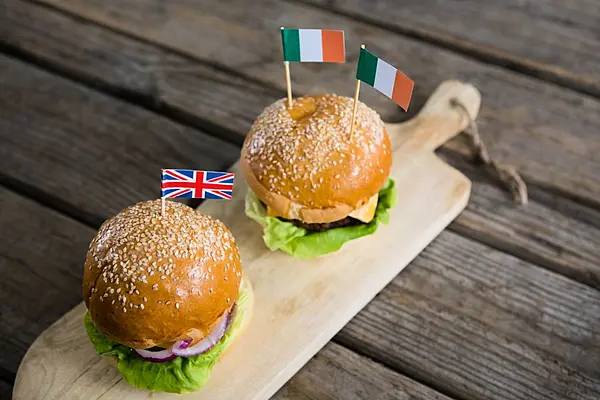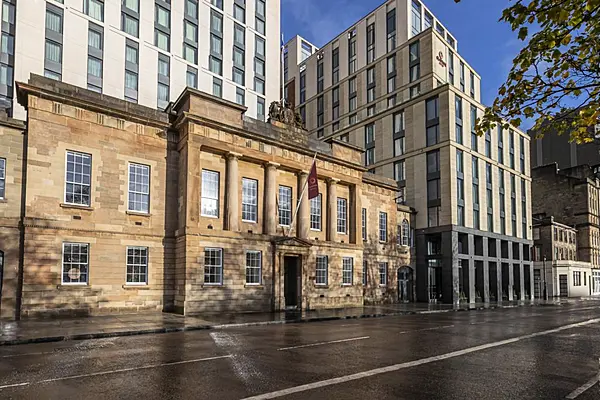At Corrigan’s restaurant in London’s affluent Mayfair district, the three private rooms are normally filled with bankers celebrating deals over dishes like roast saddle of rabbit with spinach and morel mushrooms, for £30.
Since the U.K.’s June 23 vote to leave the European Union, the deals have dried up and Corrigan’s has experienced an unfamiliar phenomenon: cancellations.
“The City of London subsidizes eating in the rest of London. When the City of London gets nervous, the rest of London shakes,” chef and owner Richard Corrigan said, referring to London’s financial district. “We had a very good May and we had a very good June, but July has started rather meekly.”
Across London, restaurateurs worry that worse may be to come as diners adapt to a post-Brexit world in which bean-counters keep closer tabs on expense accounts, a weak pound raises prices of imported food and eateries struggle to hire workers from the EU.
Until recently, the U.K.’s dining scene was booming, swelling the number of restaurants by 21 percent over the past five years. Now supply may be outpacing demand. Sales growth at existing establishments halved to 1.3 percent this year in advance of the referendum, according to data compiled by research firm Coffer Peach.
Pig’s Trotters
Even a three-course, 28 pound set lunch can’t fill the hushed dining room at Pierre Koffmann’s London restaurant, known for stuffed pig’s trotters and other French delicacies. In the week after the referendum, sales plunged 25 percent.
“It’s been a bit scary,” Koffmann said. “It’s been, ‘Welcome Brexit, goodbye customer.’”
Koffmann’s, as the restaurant is known, is set to close at the end of the year because of a redevelopment of the luxury hotel in which it’s located. Other eateries may come under pressure from a downturn in the economy.
Almost three-quarters of economists consulted in a Bloomberg survey in the wake of the vote said they think the U.K. is headed for its first recession since 2009. During that downturn, quarterly spending in cafes and restaurants dropped as much as 6.6 percent, according to the Office for National Statistics. Last year, researcher Mintel estimates, U.K. dining establishments took in 36 billion pounds.
“Consumer demand will suffer now as it did during the last downturn,” said Sahill Shan, an analyst at N+1 Singer. “But the fundamental difference this time around is that there are a lot more restaurants out there and that’s a big problem.”
Brexit brings a new cocktail of problems, including worries about whether restaurants will be able to continue to rely on labor from the EU. The concern about a swift Brexit-related spending hit led Revolution Bars Group Plc to scrap its planned 16 million-pound acquisition of four bar-restaurants in Edinburgh.
‘Shell-Shocked’
Other restaurateurs have been counting the cost of Brexit since Prime Minister David Cameron set the date of the referendum in February. The jitters that shook the U.K. business community precipitated a 12 percent drop in corporate credit card spending at Michelin-starred Pied a Terre since then, founder David Moore said.
“We probably won’t be able to match the growth we have had in recent years now,” he said. “I’m shell-shocked that this has actually happened.”
Not every restaurateur is hitting the panic button. Russell Norman, founder of Polpo, an Italian chain serving small plates, said only “destination” restaurants will feel the squeeze and Britons will still want to eat out at his eateries in London, Brighton and Leeds.
“People aren’t going to just stay at home in a darkened room eating corn flakes,” he said.
More luxurious options might carry a premium, though, after a 10 percent drop in the pound against the euro since the referendum. According to estimates from Barclays Capital, the U.K. imports about half of the food it eats.
Ham, Vinegar
Spanish chef Jose Pizarro, who runs three restaurants in London, fears he won’t be able to source ingredients such as jamon iberico and sherry vinegar at affordable prices, and that customers will be left with a less palatable bill.
“I’m really worried. The consequence of prices increasing is that people can’t go out to eat as much,” Pizarro said. “I can’t invest more of my money here because of the uncertainty. I don’t want to waste my money.”
Corrigan, the Mayfair restaurateur, said he expects a 15 percent increase in the cost of French wine as a result of the plunge in the U.K. currency, so he moved quickly to lock in current prices.
“When I saw the pound dropping, I phoned up the sommelier in Corrigan’s and said, ‘Buy the Bordeaux! Buy the Bordeaux!’ ” he said.
NEws by Bloomberg, edited by Hospitality Ireland

